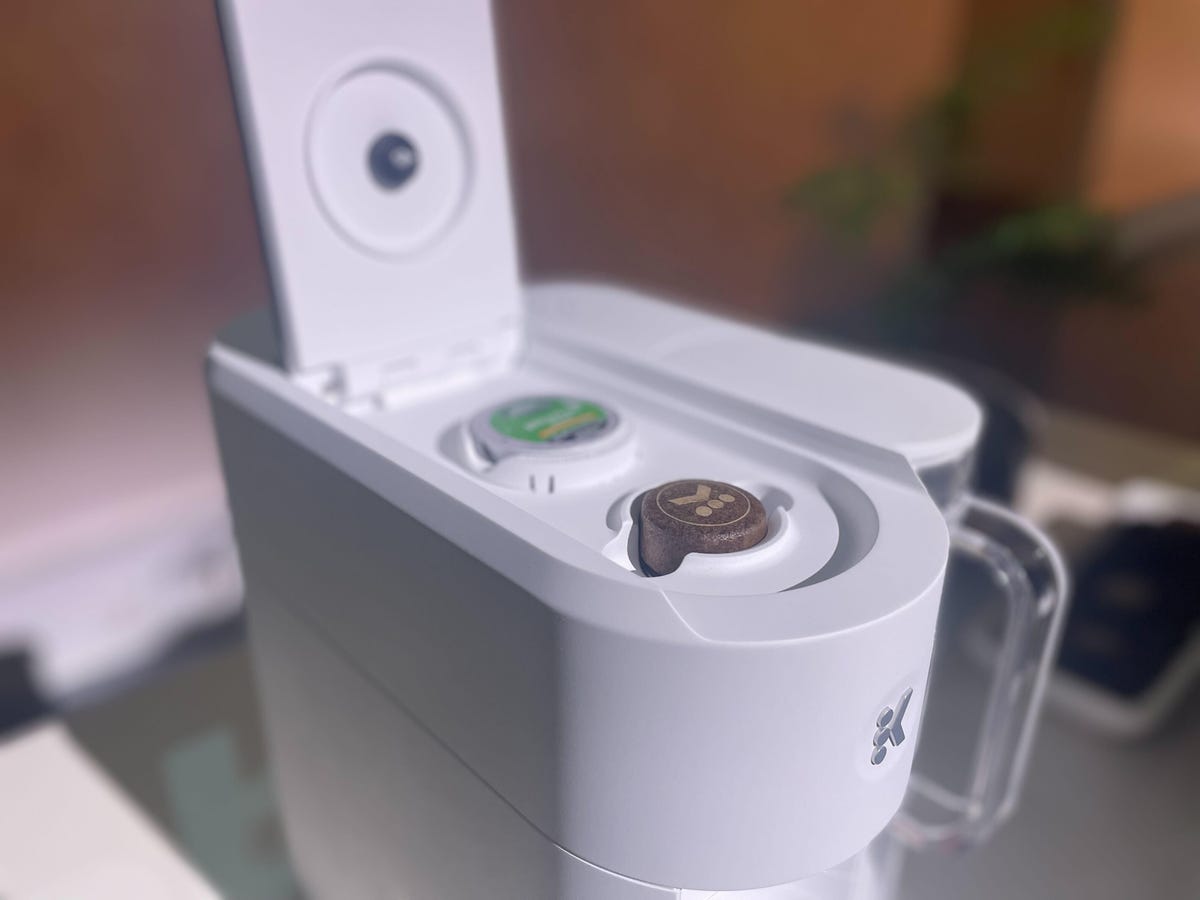Keurig's Compostable K-Rounds: Brewing a Sustainable Future or Just a Marketing Buzz?

In a world where environmental consciousness is on the rise, Keurig, the well-known single-serve coffee giant, has announced its latest innovation: compostable K-Rounds. These new pods, along with the compatible Alta brewer, are being touted as a game-changer in the coffee industry. But are they really a step towards a sustainable future, or is this just another marketing ploy to capitalize on the growing eco-friendly trend?
The Environmental Impact of K-Cups
Keurig's traditional K-Cups have long been a subject of environmental concern. In 2014, the company produced a staggering 9.8 billion K-Cups – enough to circle the Earth 10.5 times! These single-use pods, made of plastic and aluminum, can take up to 500 years to decompose in landfills. The introduction of compostable K-Rounds is Keurig's attempt to address this issue, but the question remains: is it enough?
While the idea of compostable pods sounds promising, there's a catch. To use these eco-friendly K-Rounds, consumers must purchase the new Alta brewer. With the average lifespan of a Keurig machine being 3-5 years, replacing a perfectly functional brewer seems counterintuitive to the sustainability mission. For those who already own a Keurig, investing in reusable cups might be a more economically and environmentally friendly option.
The Economics of Reusable Cups
Let's talk numbers. A 24-pack of K-Cups costs around $13 -17, which means each pod is atleast $0.54. On the other hand, a pack of 6 reusable K-Cup filter costs approximately $9 and can be used for years. Assuming you buy a 12 oz (340 g) bag of coffee for $7-10 and you can make around 32 cups (9-12 g per cup) the cost can be brought down to just $0.19 per cup. That's a savings of $0.35 per cup! About 65% savings. Over the course of a year, if you drink one cup of coffee per day, you could save around $128.65 by using a reusable filter instead of disposable K-Cups. Over $100 even if you add in the cost of buying K-Cup filters.
Coffee Savings Calculator ☕️
Keurig claims that the Alta brewer is a game-changer in terms of sustainability, but a closer look reveals a contradictory design choice. The brewer features a second slot for traditional, non-compostable K-Cups, suggesting that Keurig may be more interested in maintaining its market share than fully committing to eco-friendly practices.

The Missing Piece
To truly make a difference in the world of sustainable coffee consumption, Keurig and other companies could take a page from Apple's book and implement a buy-back program. By incentivizing consumers to return their old Keurig machines when purchasing the new Alta brewer, the company could recycle materials and reduce electronic waste. This circular economy approach would not only benefit the environment but also help Keurig reduce production costs.
Keurig claims that the K-Rounds are compostable, but the reality is not so simple. Effective composting requires specific conditions and knowledge, which not all consumers have access to. In fact, a recent study found that only 27 percent of people in the United States has access to some form of composting service.
Without proper composting, the environmental benefits of the K-Rounds may be limited. While Keurig has not yet released pricing details for the K-Rounds and Alta brewer, the company has stated that the pods will be sold at a premium. This raises concerns about the accessibility of sustainable coffee options for the average consumer. Will the higher price point deter people from making the switch to compostable pods?
The Future of Sustainable Coffee Consumption
Keurig's introduction of compostable K-Rounds and the Alta brewer is a step towards a more sustainable future for single-serve coffee. However, to truly make a difference, the company must address concerns surrounding compatibility, implement a comprehensive buy-back program, and ensure competitive pricing. As consumers become increasingly aware of the environmental impact of their choices, it is crucial for companies like Keurig to offer accessible and practical solutions. The future of sustainable coffee consumption lies in finding a balance between convenience, affordability, and eco-friendliness. Whether Keurig's new product line will brew a sustainable future or just generate marketing buzz remains to be seen.
Comments ()